The Revenue Act of 1862
On July 1, 1862, President Abraham Lincoln signed the Revenue Act of 1862 into law, to help fund the Civil War. Revenue stamps remained in use off an on for a century, paying the tax on a wide variety of items.

On July 1, 1862, President Abraham Lincoln signed the Revenue Act of 1862 into law, to help fund the Civil War. Revenue stamps remained in use off an on for a century, paying the tax on a wide variety of items.
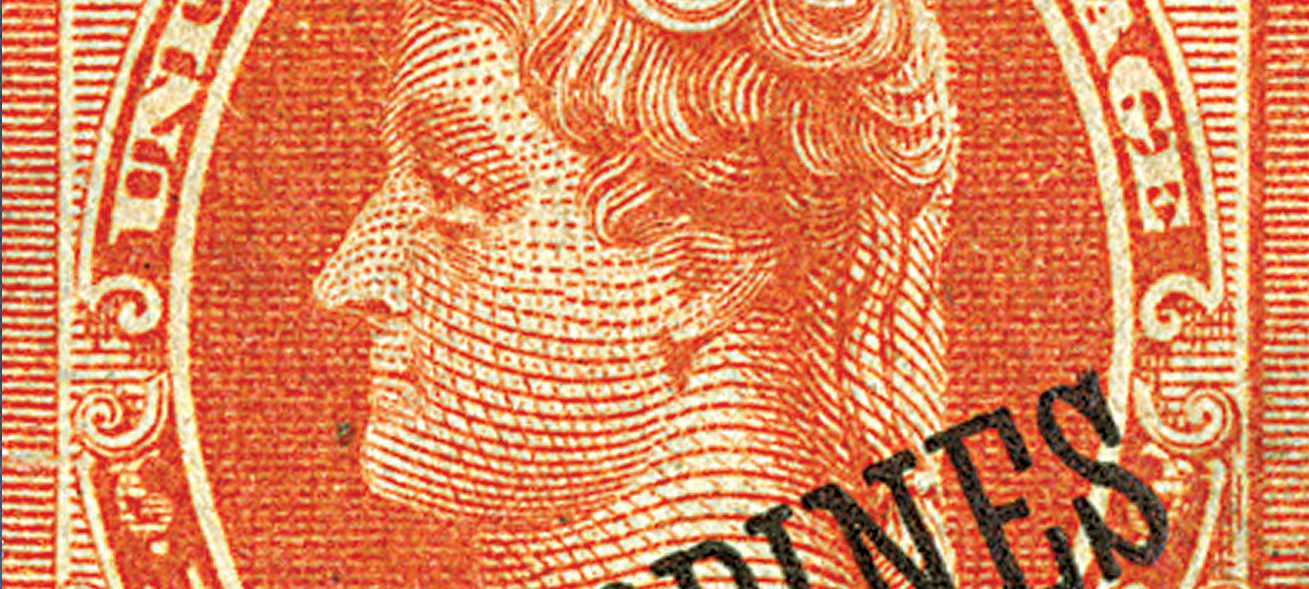
On June 30, 1899, the American military government issued its first stamps in the Philippines. Spanish colonization of the Philippines began in 1565 and continued for more than three centuries. In the late 1800s, the people of the Philippines revolted against the atrocities of their Spanish rulers. At the same time, unrest was growing in the Spanish colony of Cuba.

On June 29, 1995, the US Space Shuttle Atlantis docked the Russian space station Mir for the first time. The mission, STS-71, was the third in the US/Russian Shuttle-Mir program. It began on June 27, 1995, when the Atlantis launched from Kennedy Space Center in Florida. This was the 100th US human space launch from Cape Canaveral.
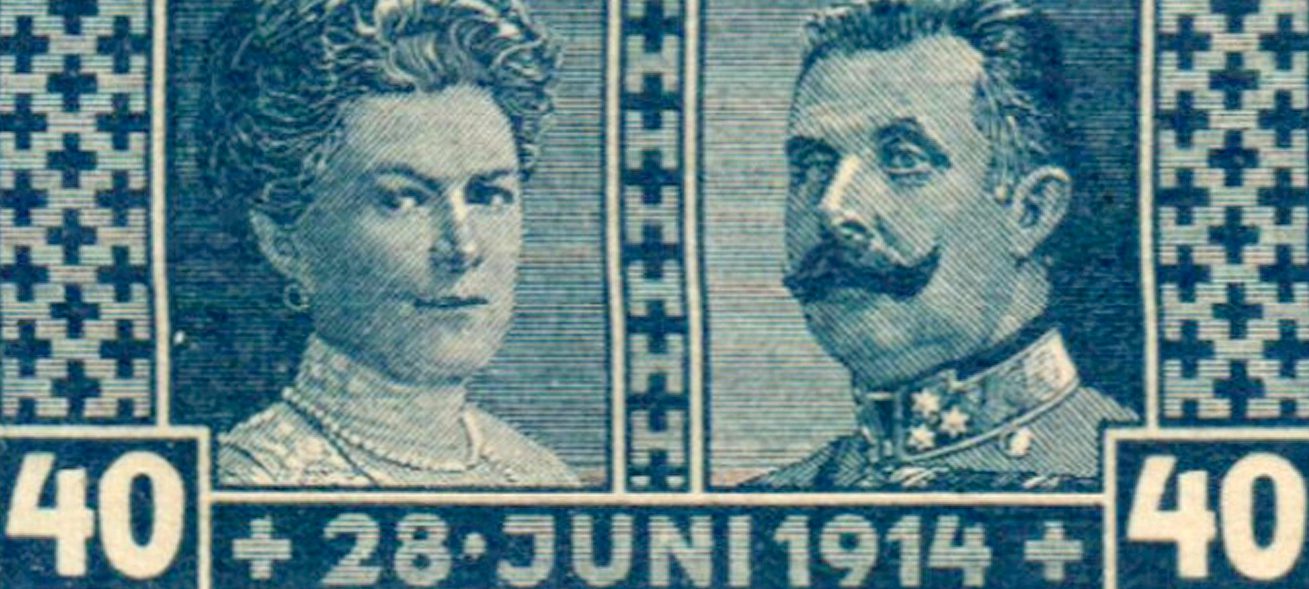
On June 28, 1914, Austrian Archduke Franz Ferdinand and his wife were assassinated by a Bosnia Serb nationalist, sparking World War I.

On June 27, 1895, the Baltimore and Ohio Railroad’s Royal Blue became the first US passenger service to use electric locomotives, signaling a new era of modern rail travel. Running from Washington, DC, to New York City, the train combined speed, comfort, and cutting-edge technology.
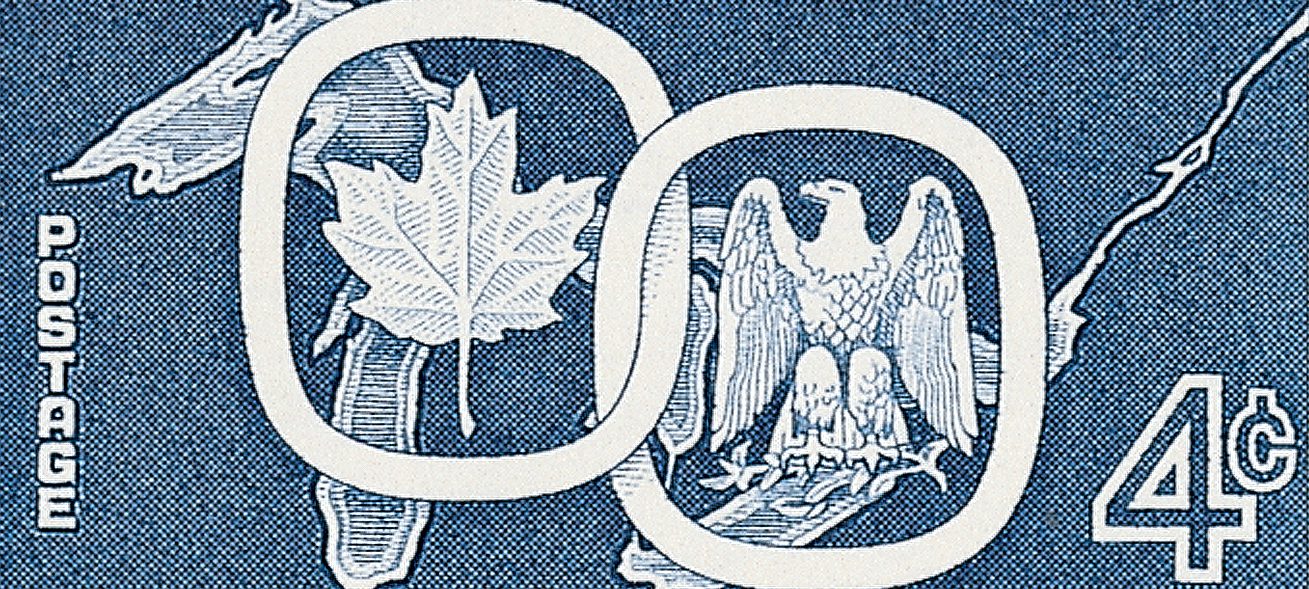
America’s first joint issue stamp was created to honor the completion of the St. Lawrence Seaway. The US and Canada worked together to create the seaway to connect the Great Lakes to the Atlantic Ocean.

On June 25, 1788, Virginia ratified the US Constitution and was admitted as the 10th state of the Union.
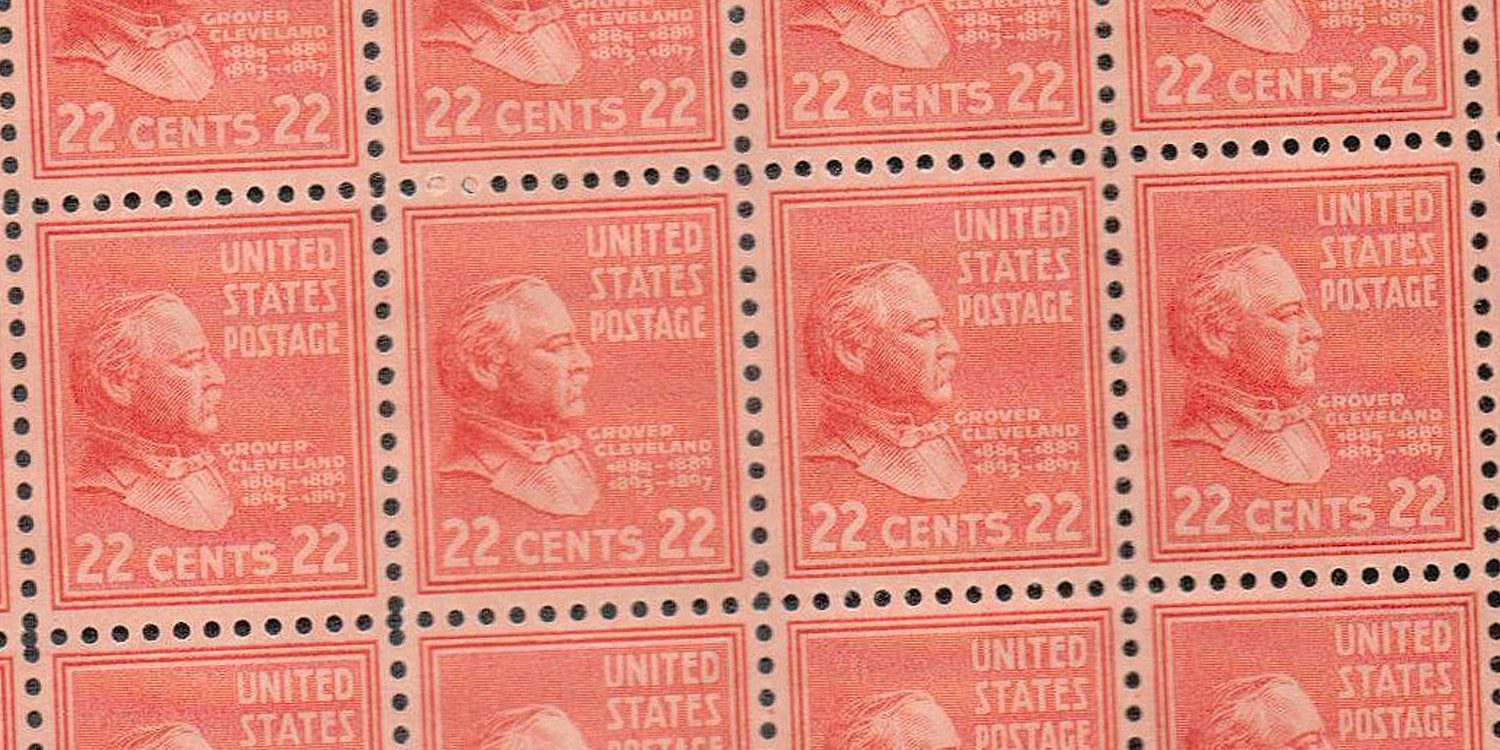
America’s 22nd and 24th president, Grover Cleveland, died on June 24, 1908, in Princeton, New Jersey. He was America’s first president to serve two non-consecutive terms and was known for his honesty and integrity.
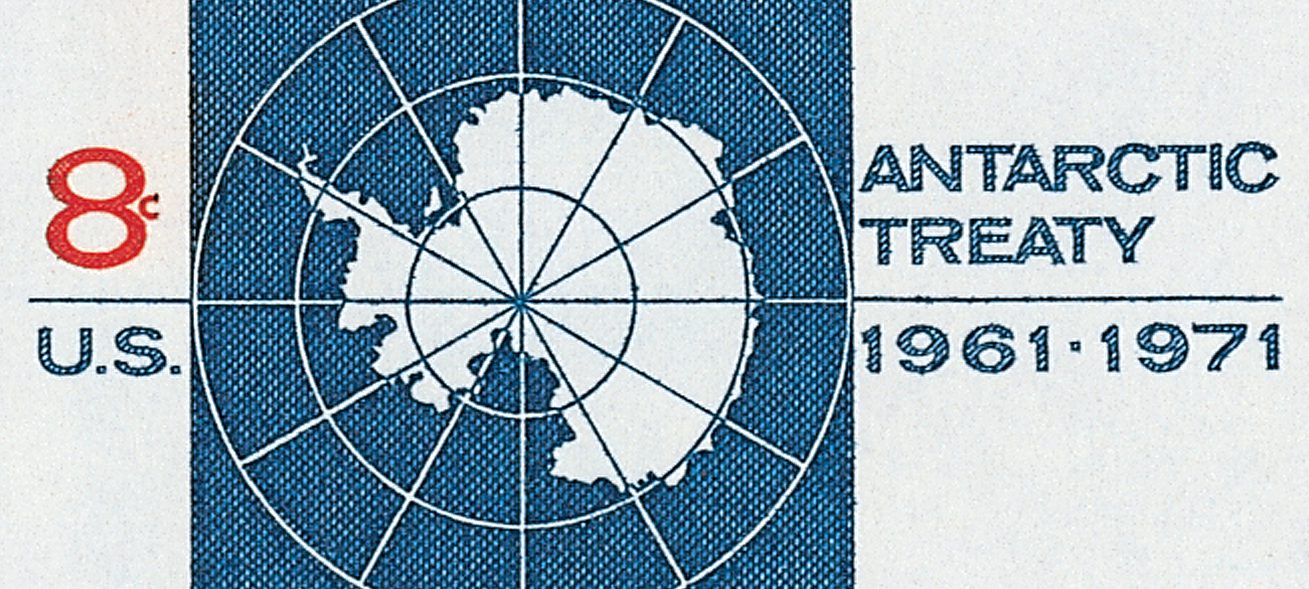
On June 23, 1971, the Post Office issued its last commemorative stamp as a cabinet-level department. It was reorganized as the United States Postal Service, a corporation-like independent agency of the federal government.